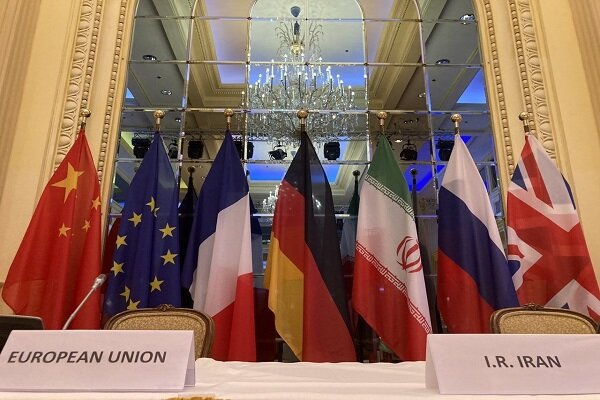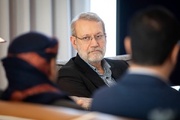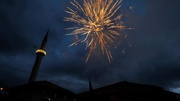The talks in Vienna over reviving the 2015 nuclear deal, formally called the Joint Comprehensive Plan of Action (JCPOA), have taken a new turn on Monday when the EU coordinator for the talks, in a maverick move, announced the end of negotiations.
While negotiators were in the process of returning to capitals for further consultations on the EU proposals, EU foreign policy chief Josep Borrell said the negotiations have come to an end and that his proposals are a “final text” on which Iran should give a clear-cut answer.
“What can be negotiated has been negotiated, and it’s now in a final text. However, behind every technical issue and every paragraph lies a political decision that needs to be taken in the capitals,” Borrell said on Twitter on Monday.
He added, “If these answers are positive, then we can sign this deal.”
Borrell’s tweet was met with suspicion in Tehran and beyond as the EU text should not have been portrayed as a final text. Pundits believe that the EU has gone further than his role as coordinator.
Iran made it clear that the text presented by Borrell was “proposals”, not a final text. However, Iran started reviewing the EU proposals. Nour News, a website close to Iran’s Supreme National Security Council, says Iran has begun studying the EU text at the expert level.
While Iran was busy studying the text, Western media went so far as to set a deadline for Iran. The Wall Street Journal has said that the West expects Iran to give an answer by August 15, a move that could further complicate the situation.
On Friday, an Iranian diplomat told Iran’s state news agency IRNA that Iran is weighing the European Union’s proposals on the three thorny issues currently under discussion in Vienna: Safeguards, sanctions, and assurances.
The diplomat said Iran would accept the European proposals only if they provided assurances to Iran in the forgoing issues, including the political allegations linked to the safeguards, sanctions, and guarantees.
“The Islamic Republic of Iran is reviewing the received proposals to make sure that its demands are met,” the diplomat said.
The remarks came after the Wall Street Journal reported that the European Union has presented proposals in relation to the safeguards. But the Iranian diplomat said the EU proposals should provide assurances to Iran and encompass all the issues under discussion in Vienna.
Whether Iran would agree with the proposals remains to be seen. But the kerfuffle over the EU proposals could put the talks in danger. Because Iran seems to have some reservations over the EU ideas and, therefore, they could need to be discussed in Vienna.
This may be why some Vienna partners were cautious in dealing with the EU gamble. Russia, for instance, said that the EU was not in a position to determine whether Iran should accept or reject the current text in the talks.
“The Russian #MFA: according to the #EU spokesman the participants in the #ViennaTalks face a choice- either to accept the current text or to recognize that the talks failed. The Joint Commission of the #JCPOA didn’t authorize the EU Coordinator to make statements like that," Mikhail Ulyanov, Russia’s Permanent Representative to the Vienna-based International Organizations, said on Twitter on Thursday.
Some believe that the EU should stick to its coordinative role and refrain from setting deadlines that would complicate the situation.
First published in Tehran Times
























Your Comment